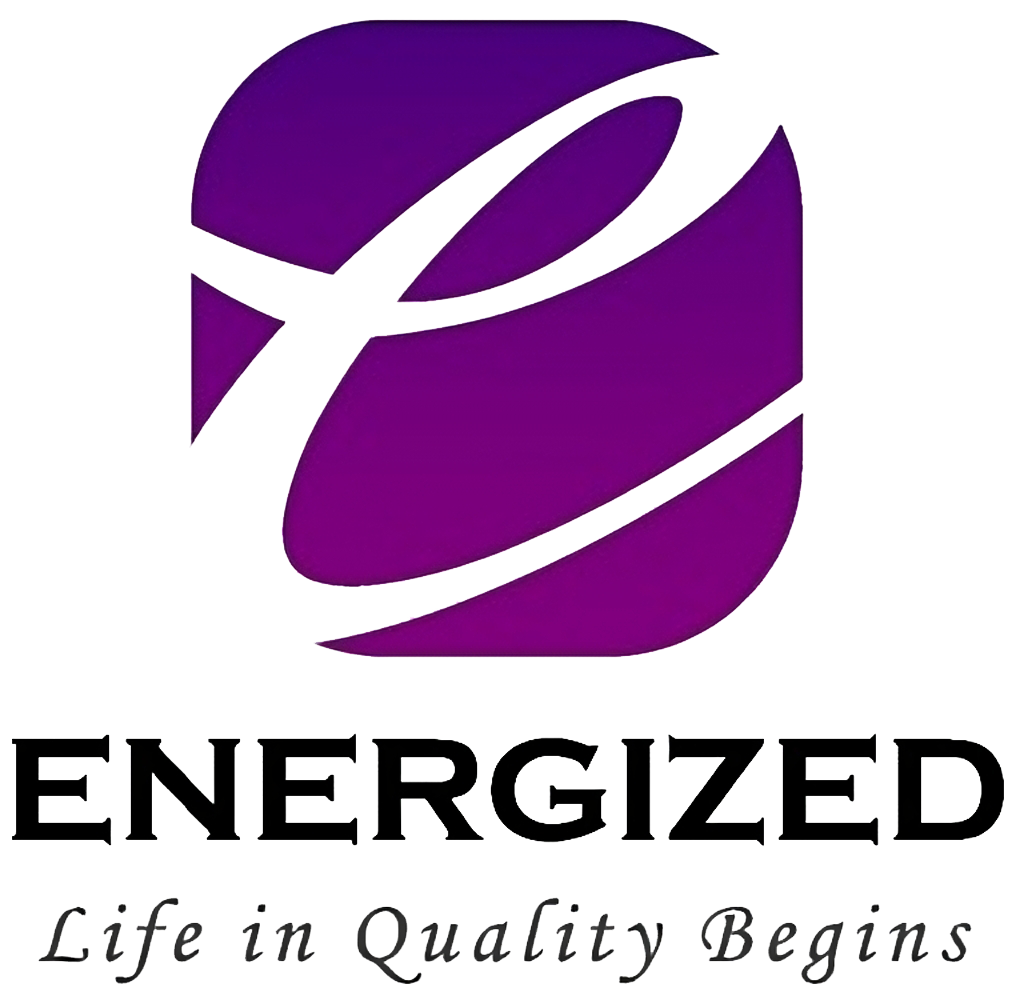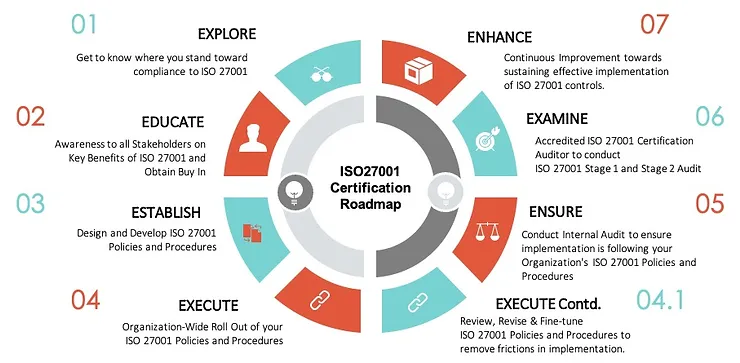Our Expertise
-
ISO27001
-
CMMI
-
IT Serviced Management
-
IR 4.0 Robotic Platform
-
Software Development
-
Marketing Consultant
- Home
- Our Expertise
- ISO27001: Information Security
- Capability Maturity Model Integration (CMMI)
- IT Serviced Management
- IR 4.0 Robotic Platform
- System Development
- Marketing Consultant
Success Stories
Air Asia Berhad
Consultation and certification of Air Asia operations to ISO 27001
Takaful Brunei
Transforming Cyber and Information Security in the Insurance Industry
Viewpoint Corporation
Revolutionizing Entity Governance Solutions
Fusionex
Empowering Data Technology for Global Success
Prasarana
Driving Transformation in Public Transportation
Success Stories
Fusionex
Empowering Data Technology for Global Success
Success Stories
Fusionex
Empowering Data Technology for Global Success
Tonasco Malaysia
Leading the way in IR 4.0 Precision Machining Specialization
Success Stories
Tonasco Malaysia
Leading the way in IR 4.0 Precision Machining Specialization
Success Stories
jomSETTLE
Developed a fully functional business payment solution provider platform.
Success Stories
Melaka State Government
To promote all the available advertisement space in Melaka.
- Free Resources
- About Us
- Home
- Our Expertise
- ISO27001: Information Security
- Capability Maturity Model Integration (CMMI)
- IT Serviced Management
- IR 4.0 Robotic Platform
- System Development
- Marketing Consultant
Success Stories
Air Asia Berhad
Consultation and certification of Air Asia operations to ISO 27001
Takaful Brunei
Transforming Cyber and Information Security in the Insurance Industry
Viewpoint Corporation
Revolutionizing Entity Governance Solutions
Fusionex
Empowering Data Technology for Global Success
Prasarana
Driving Transformation in Public Transportation
Success Stories
Fusionex
Empowering Data Technology for Global Success
Success Stories
Fusionex
Empowering Data Technology for Global Success
Tonasco Malaysia
Leading the way in IR 4.0 Precision Machining Specialization
Success Stories
Tonasco Malaysia
Leading the way in IR 4.0 Precision Machining Specialization
Success Stories
jomSETTLE
Developed a fully functional business payment solution provider platform.
Success Stories
Melaka State Government
To promote all the available advertisement space in Melaka.
- Free Resources
- About Us




